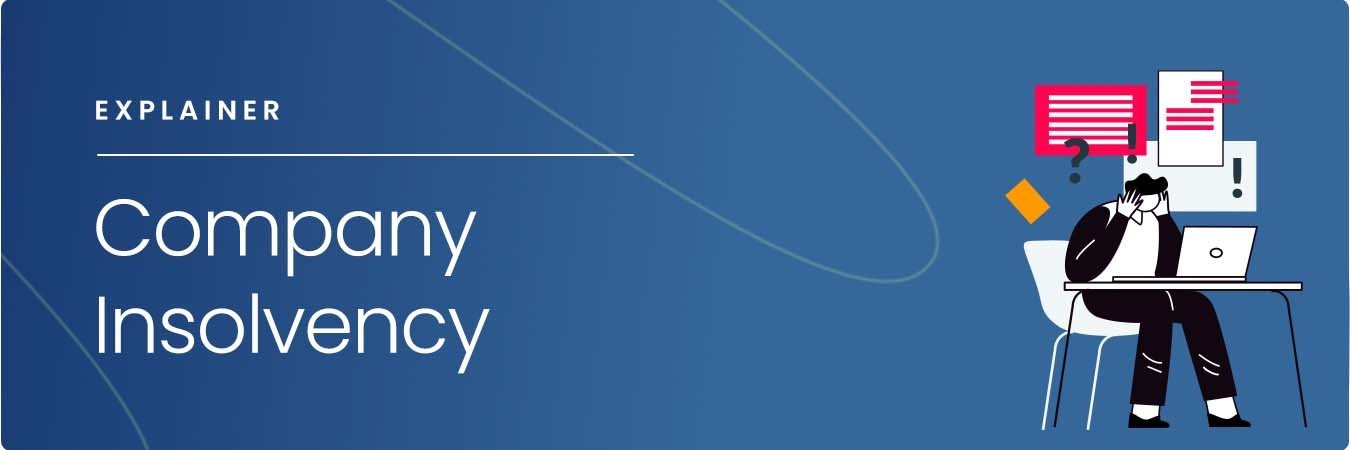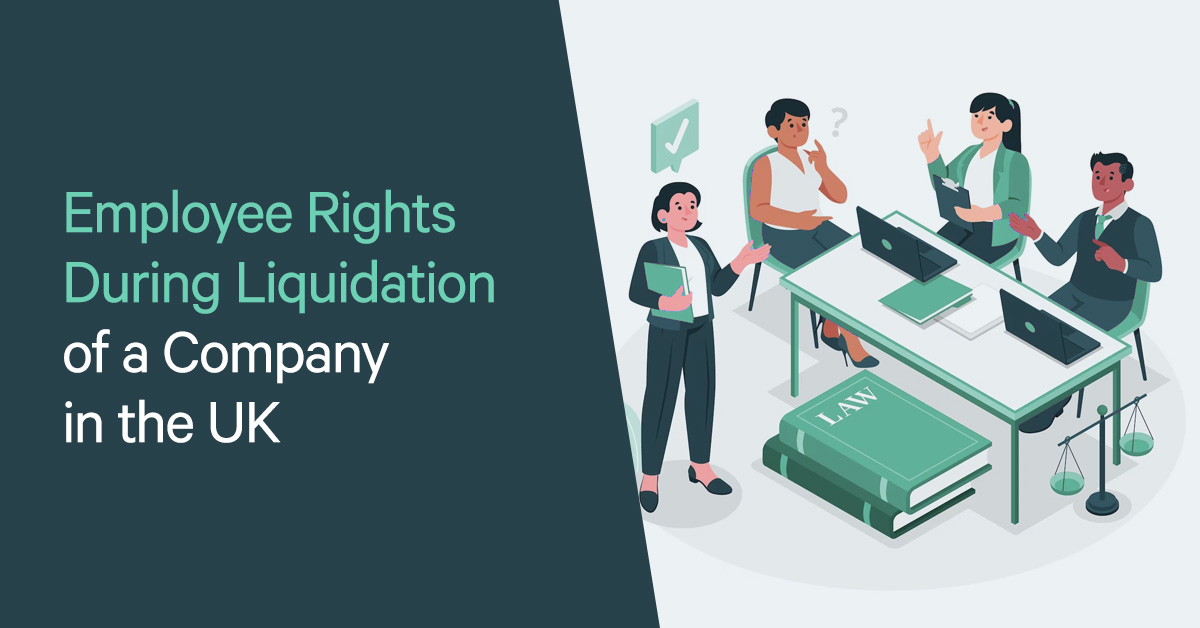If a Company Goes Into Administration, Do I Have to Pay Administration Staff? Recognizing Employee Payments in Liquidation
If a Company Goes Into Administration, Do I Have to Pay Administration Staff? Recognizing Employee Payments in Liquidation
Blog Article
Business Insolvency Company
7 Preswich Avenue, Leigh, WN7 1RZ
0333 567 1686
The Impact of Company Liquidation on Employee Legal Rights, Payment, and Job Security
In the world of corporate characteristics, the dissolution of a firm due to liquidation can cast a darkness of uncertainty over the fate of its workers. Recognizing the ins and outs of exactly how firm liquidation impacts employees is vital for browsing the complexities that emerge in such circumstances.
Lawful Defenses for Employees
Lawful Defenses for Workers guarantee that employees' civil liberties are safeguarded and promoted in the event of company liquidation. These defenses act as a critical safety internet for workers facing uncertainties due to their employer's monetary problems. One fundamental defense is the Worker Change and Retraining Alert (WARN) Act, which requires companies with over 100 workers to offer advancement notice of at the very least 60 days before a plant closing or mass layoff.
Furthermore, the Fair Labor Criteria Act (FLSA) mandates that employees need to get their final paycheck without delay upon discontinuation, including any type of accumulated getaway time or bonuses. This legislation aims to avoid employers from keeping payment owed to employees during the liquidation procedure. The Staff Member Retirement Earnings Safety And Security Act (ERISA) safeguards employees' retirement funds by setting criteria for personal pension plan plans and making certain that these funds are safe, even in the event of a business's bankruptcy.
Effect on Payment Plans
Amidst company liquidation, the restructuring of payment bundles often results in considerable modifications for staff members. When a company enters into liquidation, employees are confronted with the possible loss or decrease of various parts of their compensation bundles, such as perks, profit-sharing, and stock alternatives. Oftentimes, outstanding repayments for overtime, extra getaway days, or other benefits may likewise go to danger due to the monetary restraints dealt with by the company throughout the liquidation process.
Moreover, the discontinuation of employment agreement during liquidation can bring about disputes over discontinuance wage and various other forms of payment that staff members are qualified to under their contracts or neighborhood labor laws. Workers might locate themselves in a precarious situation where they have to negotiate with trustees or liquidators to secure reasonable settlement for their years of service to the business.
Job Security Issues
During company liquidation, workers frequently encounter heightened task safety and security worries as the future of their positions becomes unclear. The possibility of shedding their work due to the closure of the business can develop considerable anxiety among staff members. Task safety and security issues throughout liquidation are intensified by the lack of clarity regarding the timeline of the procedure, prospective redundancies, and the overall security of the business.
Workers might fret about their economic security, occupation prospects, and the availability of comparable task chances in the marketplace. Unpredictability bordering the liquidation procedure can cause reduced task, efficiency, and morale contentment among employees. Furthermore, the worry of work loss can impact employees' mental health and wellness.
Employers are motivated to communicate honestly and transparently with employees throughout the liquidation procedure to deal with task safety worries. Supplying normal updates, using support solutions, and exploring alternative job choices can help ease a few of the anxiousness workers might experience throughout business liquidation. By focusing on employee health and preserving clear interaction, employers can mitigate the negative impact of task protection problems throughout this difficult duration.
Employee Entitlements and Cases

Employees are generally entitled to look at this site obtain overdue wages for a given period before the liquidation, which might differ by country. In addition, redundancy repayments are frequently offered to employees that are made redundant as an outcome of the liquidation procedure. These payments aim to offer economic support to workers throughout the transition period to brand-new employment. It's essential for workers to recognize their legal rights and entitlements in such situations and to look for guidance from lawful professionals or pertinent authorities to ensure they get the compensation they are qualified to.
Strategies for Browsing Uncertainty
In times of company liquidation, employees can employ critical strategies to navigate with unpredictability and protect their entitlements and rights successfully. Keeping abreast of the liquidation process, recognizing their rights under labor laws, and seeking legal guidance if needed can encourage employees to make enlightened decisions.
A strategic move for employees is to prioritize their economic safety. This can include discovering alternatives such as obtaining overdue incomes via government plans, recognizing the power structure of financial institutions to assess the chance of receiving superior repayments, and creating an individual budget plan to take care of financial resources during the shift duration. Updating resumes, boosting abilities via training programs, and proactively seeking option employment can help employees safeguard their future past the sold off company.

Conclusion
In final thought, company liquidation can have significant effects on worker legal rights, compensation, and work security. Employee concerns concerning task safety and security and compensation plans have to be attended to within the legal structure to make sure reasonable treatment and ideal payment.

When a company goes into liquidation, workers are encountered with the potential loss or reduction of numerous parts of their compensation bundles, such as bonuses, profit-sharing, and stock choices.Throughout firm liquidation, employees frequently encounter heightened job safety problems as the future of their positions ends up being unsure. Giving normal updates, offering support services, and checking out alternate task choices can aid ease some of the anxiousness staff members might experience throughout firm liquidation.In conclusion, company liquidation can have significant implications on employee rights, compensation, and job stability.
Report this page